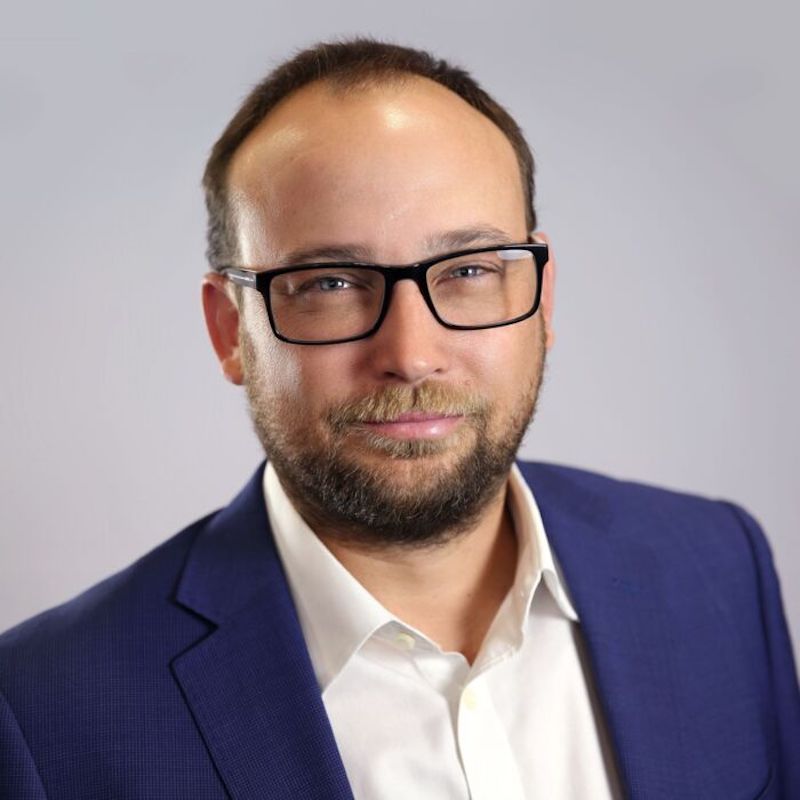What was your first job?
My first job was planting trees along a new section of the M4 motorway in Sydney. I was in Year 10. It was gruelling work but I found it highly rewarding.
Through university I worked behind bars, in a ski shop and a video rental store. After university I travelled and sought out whatever work aligned most closely with my travel goals. I ended up in various temp roles with ABN AMRO in London.
When my UK visa expired I transferred back to Sydney with them and have been in the finance industry since.
When did you know you wanted to work in finance/business?
When I was very young, early primary school I think, I felt strongly that I wanted to be an inventor (not investor). That was the best way I could describe my desire to do things differently and be involved in the creation of new things. There was always a commercial element to those ideas so I guess you’d call that business.
When did you first discover the concept of Impact Investing?
I first discovered the concept of Impact Investing after joining Regnan (now owned by Pendal Group) in 2011. This was early days for ESG adoption and Impact was a niche within a niche. I moved to Zurich with UBS in 2015 to develop its global ESG strategy and was lucky enough to work on the development and launch of their Oncology Impact Fund. At USD$470m it was the largest impact investment fund globally at that time and had the objective to cure multiple different types of cancer within the investment period. We didn’t know it at the time, but this was a theory of change very similar to best practice for Impact funds today.
What’s one exciting development you and your team have in the pipeline?
Redpoint Investment Management has hired me and Chris Parks to launch the Global Impact Leaders Fund. Chris and I met working at Regnan and then both worked at QSuper together for a few years before joining Redpoint. The Global Impact Leaders Fund identifies companies that are adapting to a changing world and driving the sustainable transition to net-zero. As we grasp the reality that our modes of production and consumption threaten our ability to prosper and even exist, the momentum to fix the problems and implement the solutions has never before been higher. We believe that decarbonising our economy and raising living standards is the world’s biggest investment opportunity.
What was the most interesting impact deal (from any team across Asia/Pacific) in the past 12 months?
Grok and Mike Cannon-Brookes and his bid to take AGL private. I don’t know if he would describe his actions within an Impact Investment framework, but he has intentionally set out to contribute to the decarbonisation of the Australian energy mix while making a financial return. That’s unquestionably Impact. I particularly love that he’s targeted Australia’s biggest emitter. Impact isn’t confined to investing in the most virtuous businesses in the world. Identify a change you would like to see happen. Invest resources in creating that change. Report on progress. I’m really excited about how this unfolds and seeing how others follow suit.
Name one high impact company (globally) that investors should keep their eye on?
The global food industry is one of the sectors that will be key to driving the sustainable transition to net-zero. It already has a huge influence on half the Sustainable Development Goals and by 2050, the world will have to find a way to feed another 2 billion people.
Tyson Foods is one of the largest companies in the food industry and we’re excited by some of the ways it is transforming its business. Tyson has done more than any of its rivals to position itself in the alternative protein sector by investing in companies likely to disrupt its core animal products. This includes investments in companies such as the plant-based burger firm Beyond Meat and two lab-based meat firms – Memphis Meats and Future Meat Technologies. When most people hear about meat alternatives and alternative proteins, they think only about plant based meat substitutes whereas cellular agriculture (or lab-based meat) is the replication and/or simulation of animal protein.
Companies that Tyson are funding can now produce non-GMO actual meat, without the animal, directly from animal cells and without the need to raise or harvest animals. If these technologies can be scaled and commercialised, they will help to prevent irreversible damage to the natural environment while addressing much of the concern for animal welfare. We will probably start to see individual cellular agriculture companies listing publicly soon and we’ll consider these opportunities as they come to market.
What’s your vision for impact investing in 5 years time?
When most people express an interest in sustainable investment, they really mean ‘Impact Investment’, they’re probably just not across the jargon. If you dig into their objectives, they’ll almost always tell you that they would like to see positive environmental and/or social change as a result of their investment choices.
Impact investment is the only strategy that sets out to meet a financial objective while intentionally seeking real world sustainability outcomes. I hope that becomes well understood.
My vision for 2027 is more access to great impact strategies to meet the exploding investor demand. Retail investors will be able to construct a 100% impact portfolio across multiple asset classes. Impact reporting will be honest and driven by robust data. Companies will report Impact, positive and negative. Externalities will be priced. Large asset allocators (looking at you Universal Owners) will be measuring, managing and reporting their Impact. The current ambition around decarbonisation will be on track to meet 2030 goals, driven on by impact investors.

